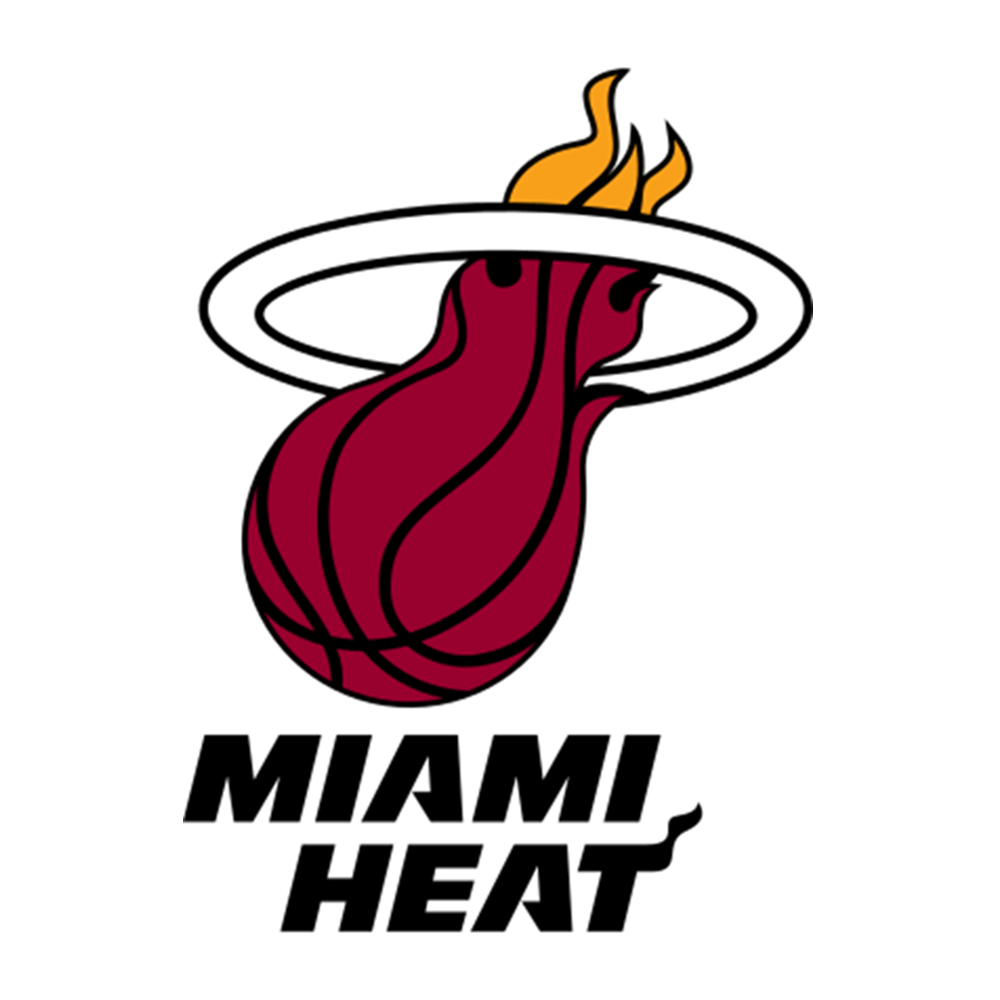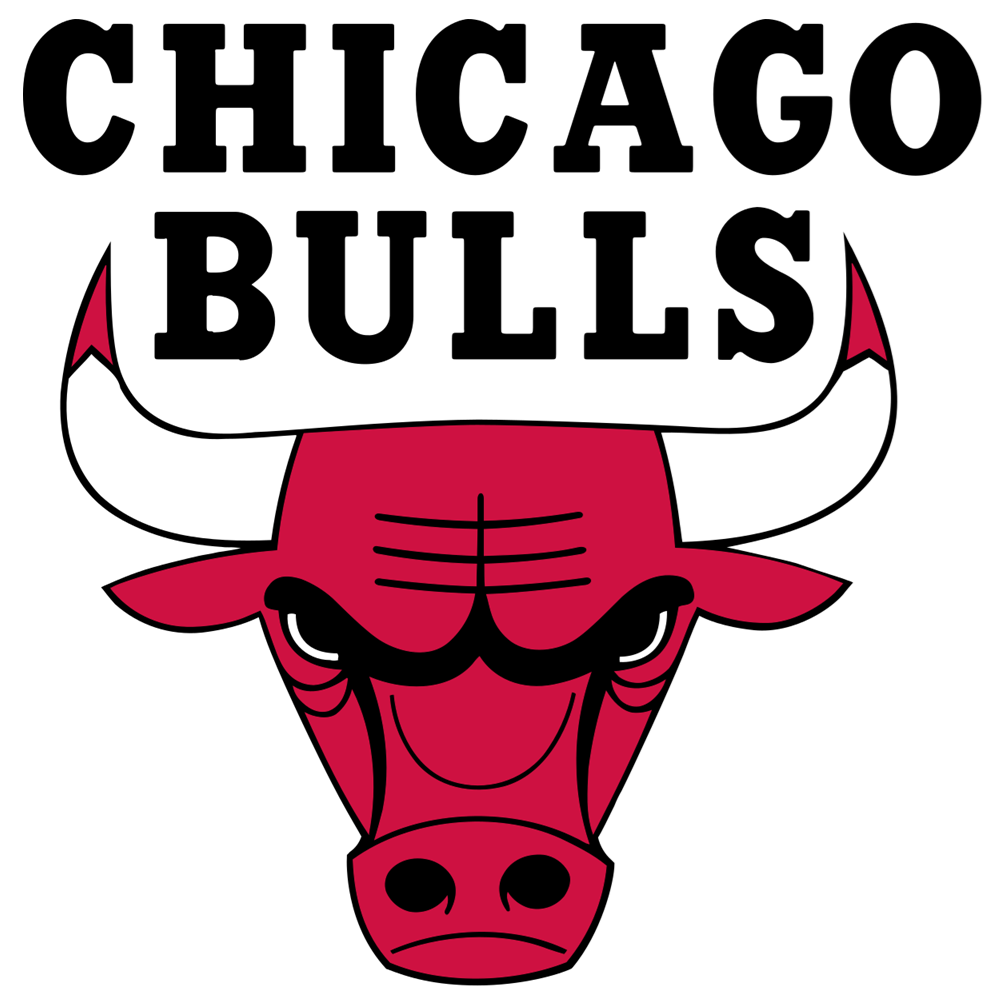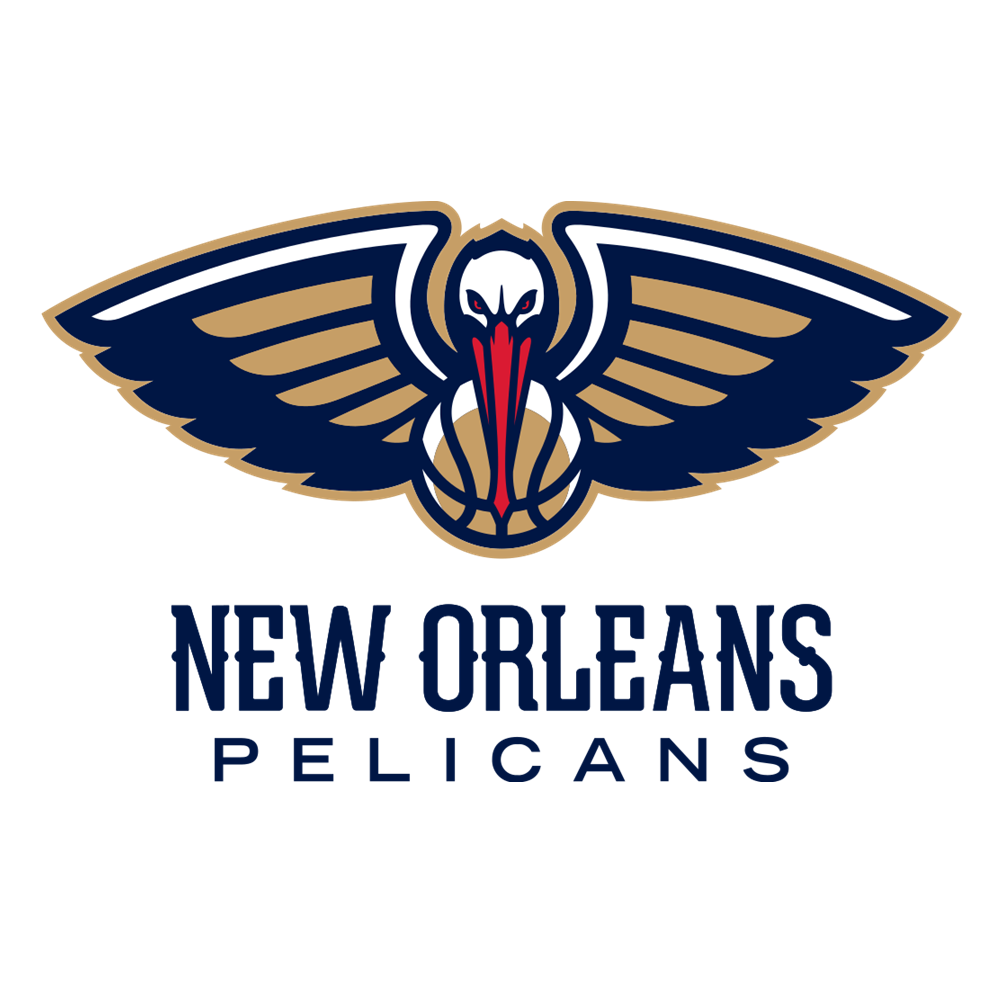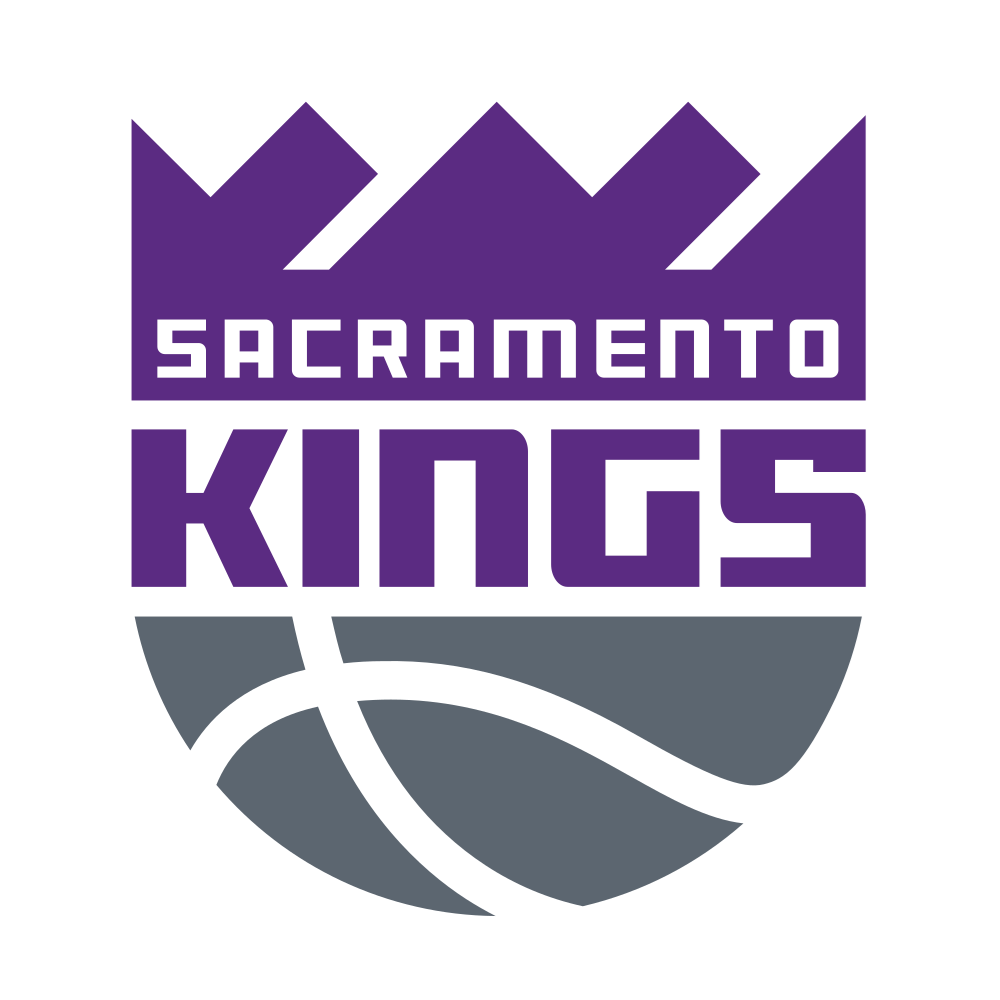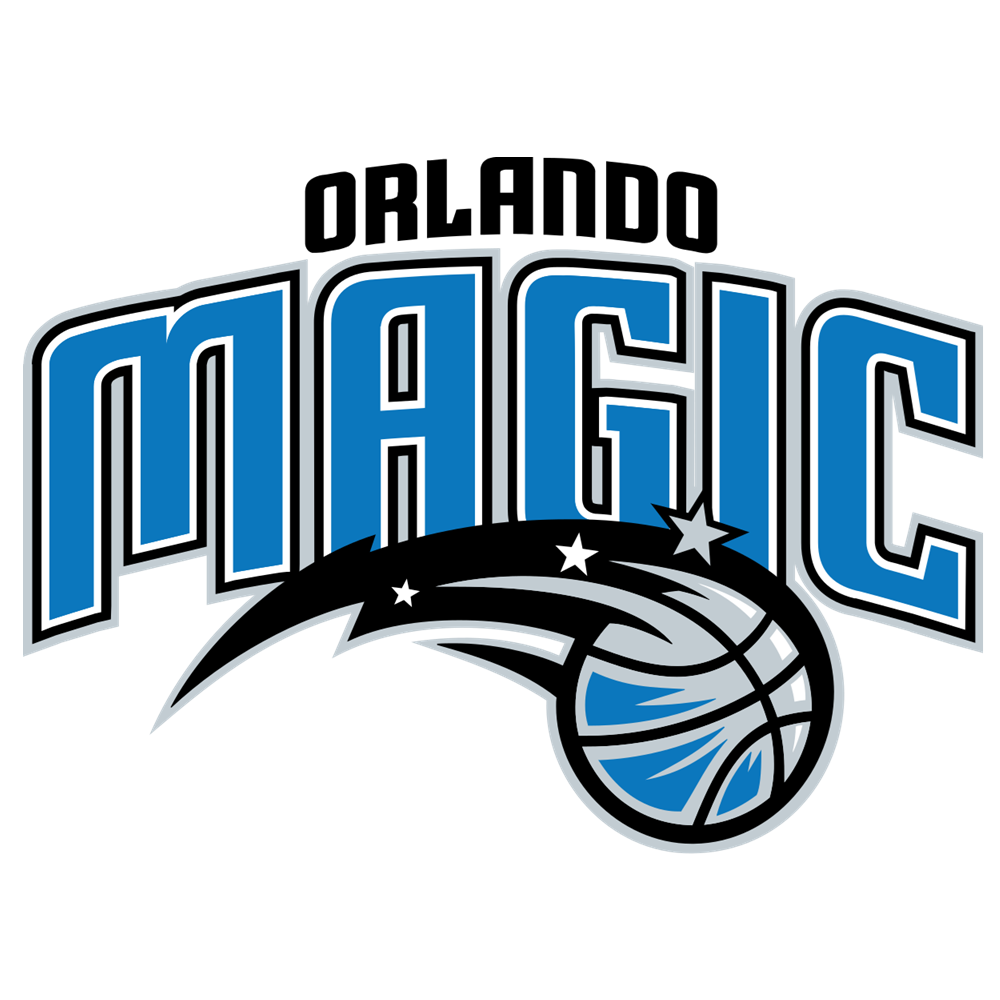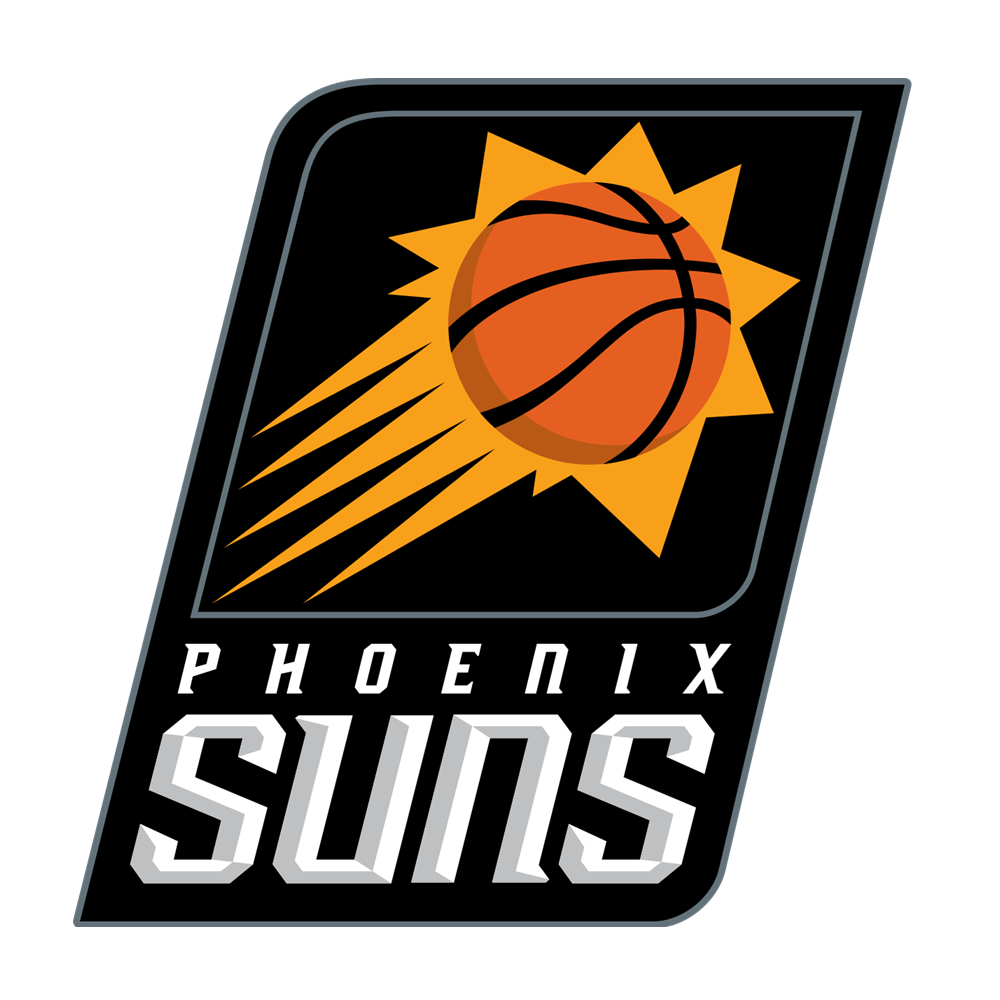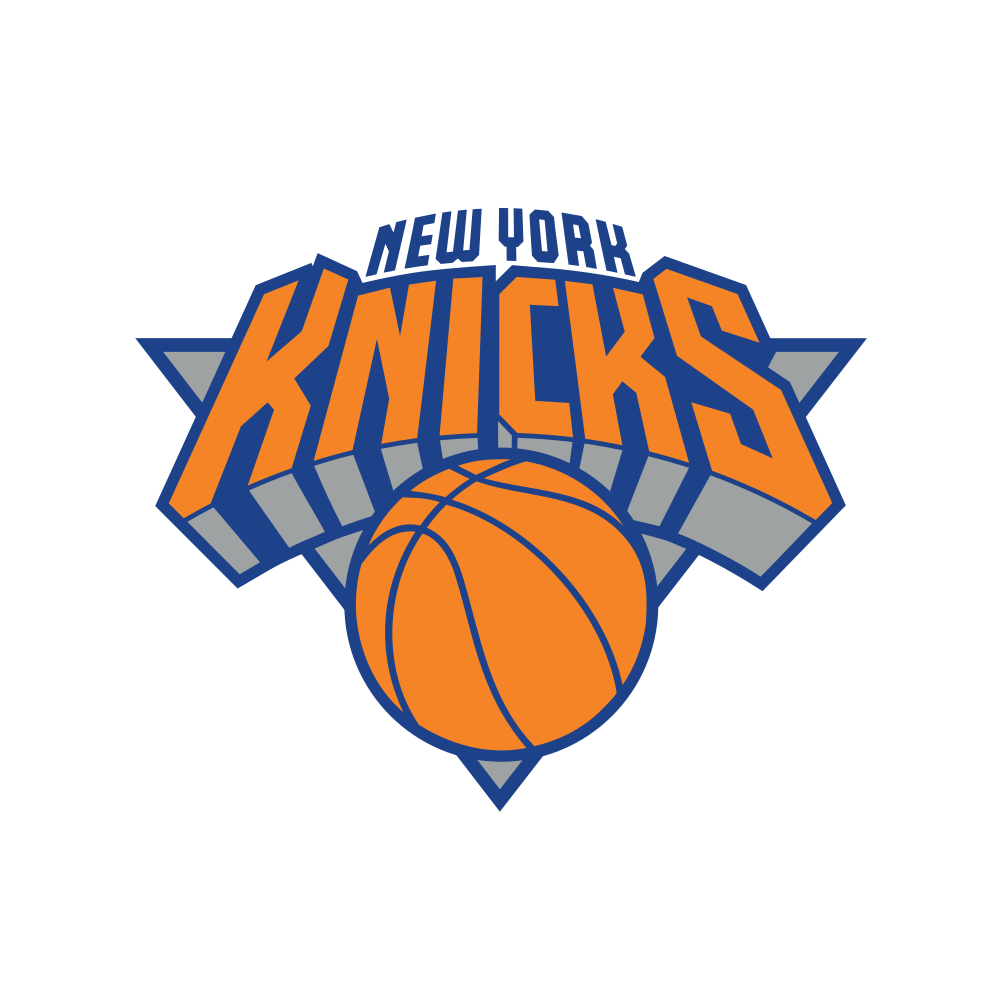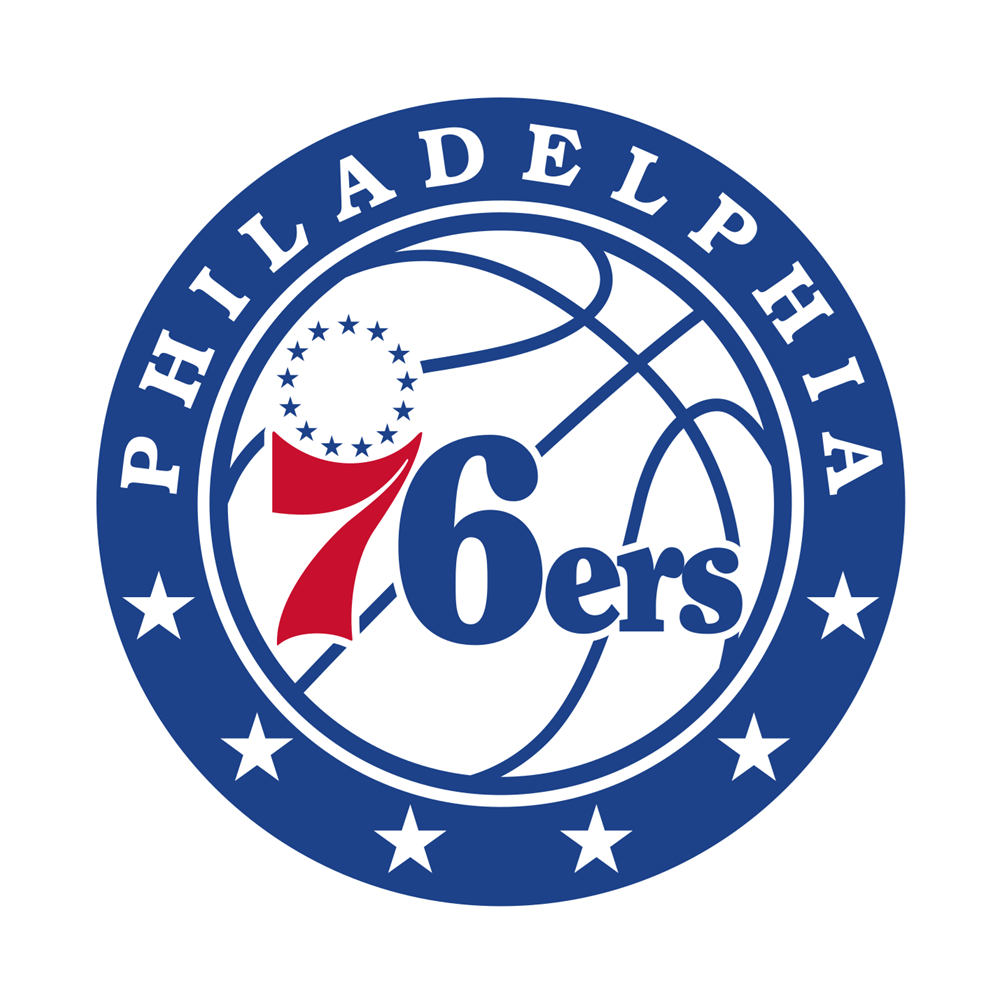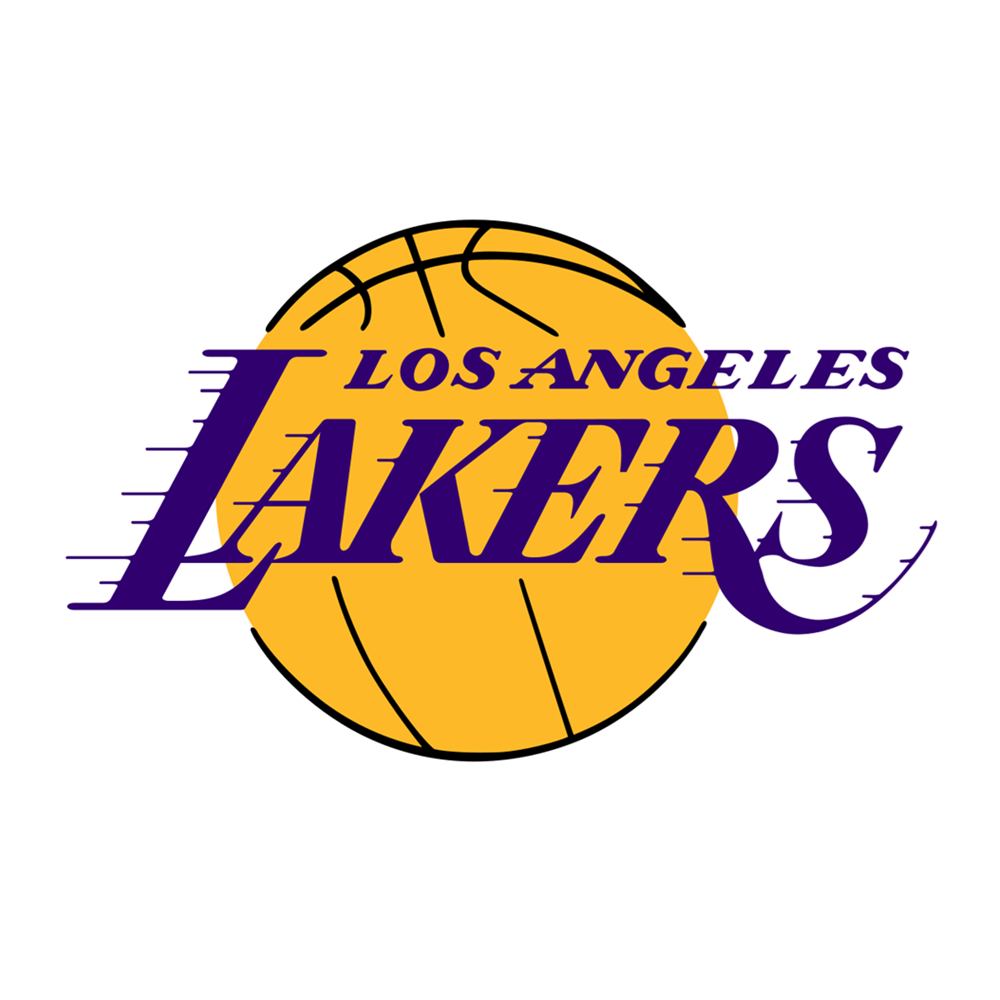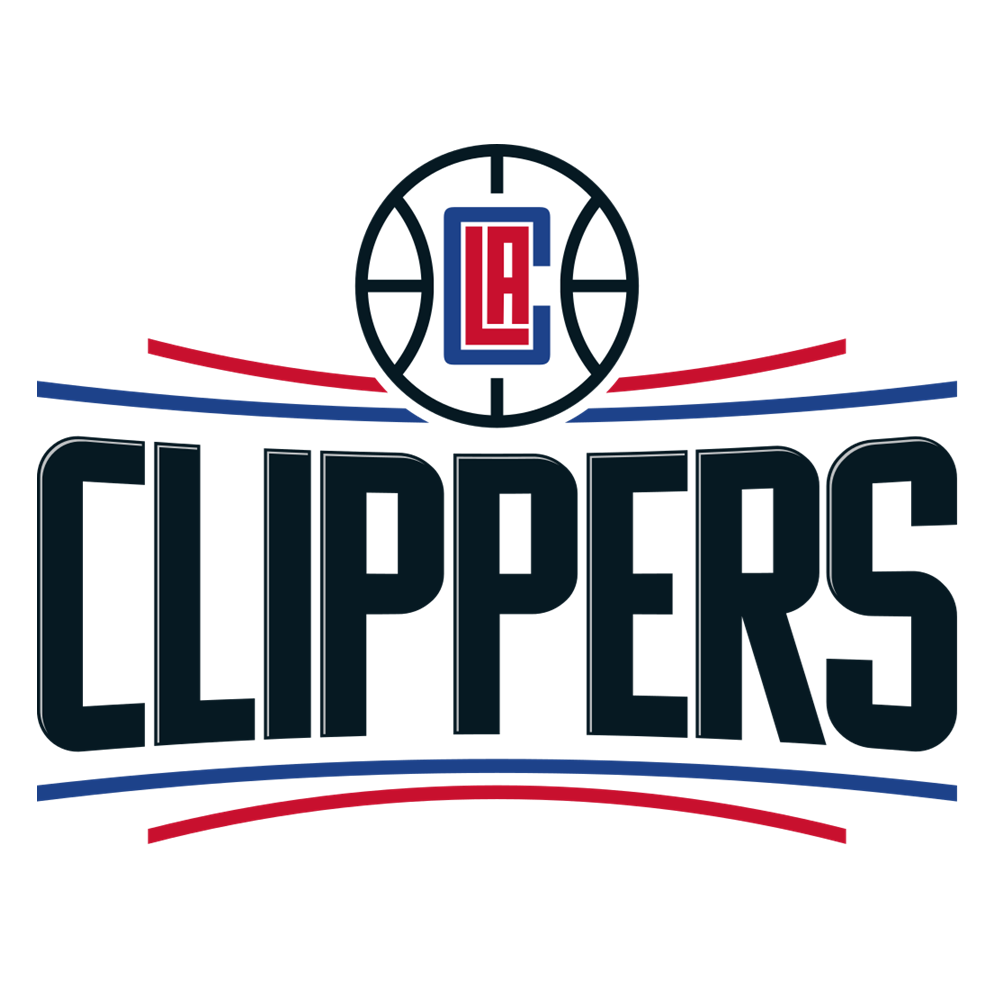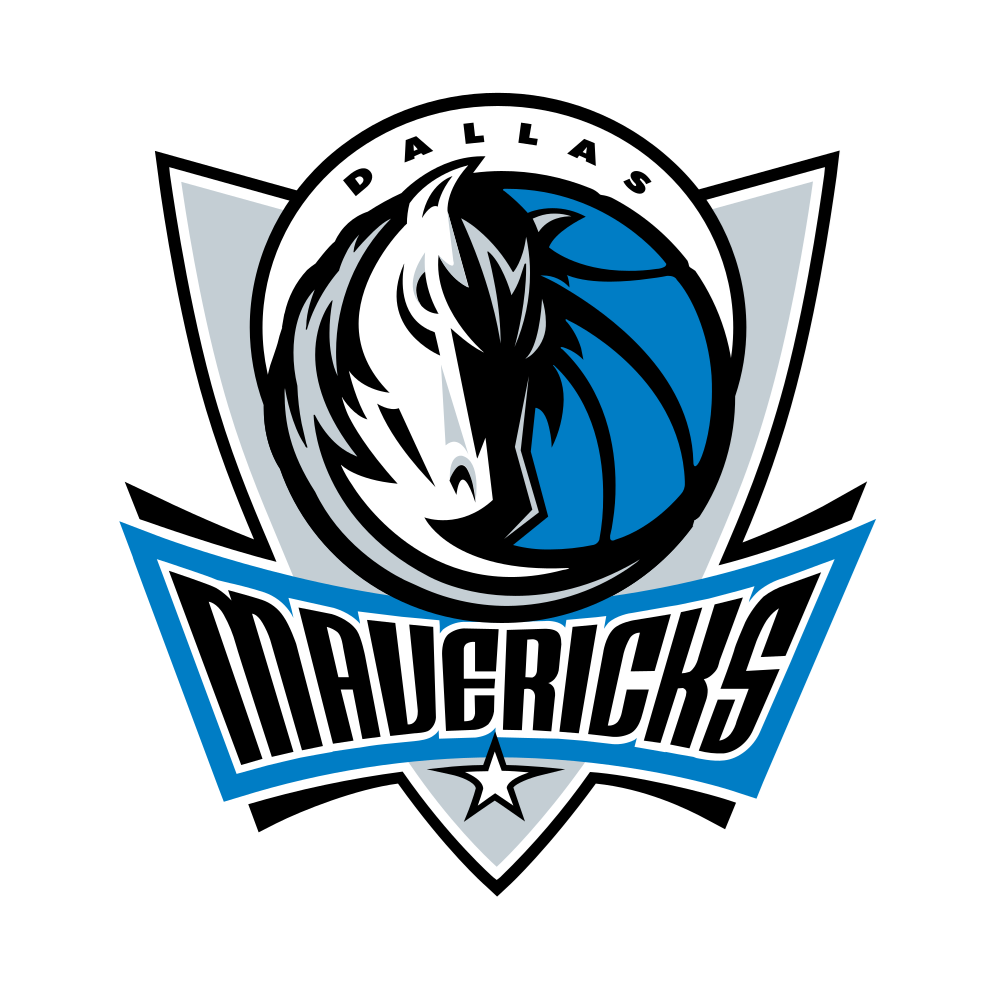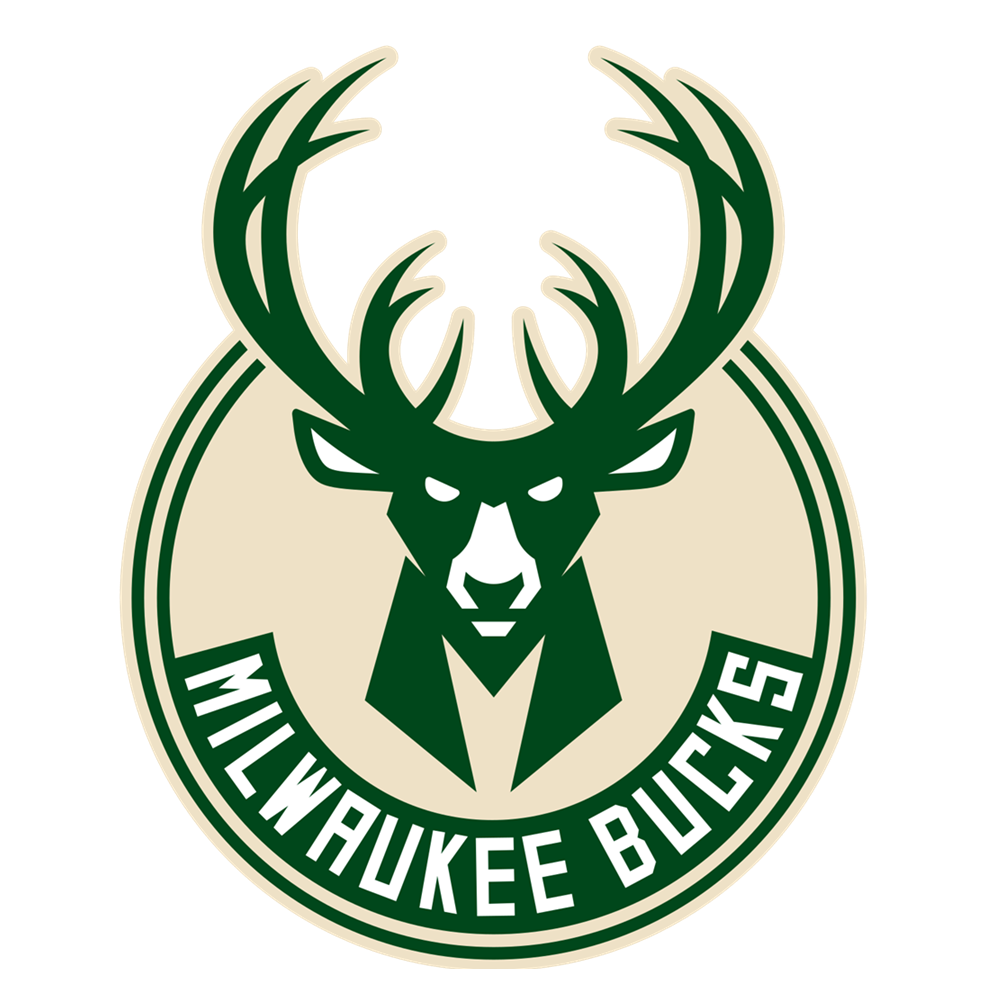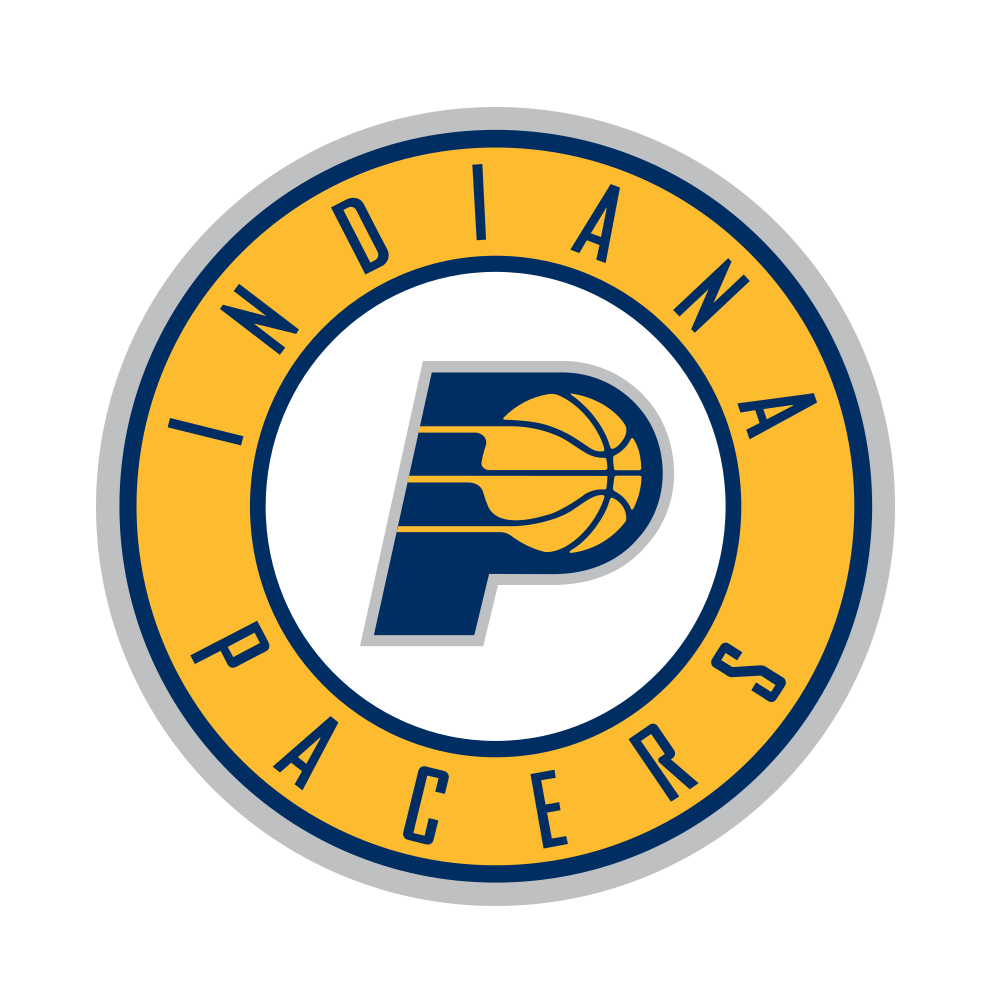Until a couple of days ago, Greg Monroe was a member of the Phoenix Suns and one of the more logical candidates on the trade market. Sent by the Milwaukee Bucks (with whom he had had a sixth-man-of-the-year calibre year the season prior) to the Suns as a part of the trade for Eric Bledsoe, Monroe stuck with Suns not because they especially wanted him or his contract, but because the nature of guaranteed contracts rather mandated it.
We looked at the Greg Monroe situation here at GiveMeSport a couple of weeks ago, and explored whether, by virtue of being one of the few large expiring contracts in a league full of bad deals, he would have good value in the trade market. Comparing his trade value to that of Nikola Mirotic, then of the Chicago Bulls, as well as the relative dearth of large expiring contracts league-wide, we tried to imagine what if anything Phoenix could get for him on the trade market.
However, except a discount via a buyout, the Suns ultimately got nothing. There were three significant factors that ultimately submarined any such trade value for Monroe, and led to his free agency.
Firstly, the Suns significantly limited their field of suitors when they vowed not to take back big money in future seasons in exchange for Monroe. The contracts that teams most want to dump out there are not just slightly inconvenient one (like those of Omer Asik in the Mirotic deal) but really quite massive ones, such as those of Chandler Parsons, Luol Deng, Joakim Noah and others. By not entertaining those suitors – it was not so long ago that the Lakers were offering completely unprotected picks in exchange for taking on Deng’s deal – Phoenix limited their market at the first hurdle.
Secondly, Phoenix would not even take back the slightly large salary. The same deal that Chicago made with the New Orleans Pelicans was also available to the Suns had they wanted to; it is certainly well known that, as a Louisiana native, the Pelicans were certainly after Monroe (see below). Indeed, considering Monroe’s larger salary this season compared to Mirotic ($17,884,176 versus $12,500,000), the Pelicans may have favoured his expiring deal even more if Alexis Ajinca could have been involved as well as a further salary dump along with Asik. But this, too, did not happen.
Finally – and perhaps most crucially – the Suns gave the game away. It was pretty obvious to any informed observer from the moment the Bledsoe deal was made that Monroe was the odd man out; with Tyson Chandler still around and somewhat productive as a veteran leader, and Alex Len playing (at that time) as well as all bar a few big men in the NBA, Monroe had no role on the team. He would not be brought back next year, and nor was he even playing much this year, frequently receiving DNP-CDs despite his talents. He was completely surplus to requirements, and Phoenix did not try and hide it.
It followed logically that a buyout would be the inevitable conclusion to it all, and the Suns tipped their cap, admitting as much on trade calls to other teams. At that point, the trade market dried up completely. His value as an expiring contract was negated by how little salary Phoenix would take back, and his trade value as a player was imploded by the likelihood of the buyout. After all, why trade for him when you can sign him in the free agency that you know is coming if you are patient?
This, ultimately, is what the Boston Celtics have just done. Despite a strong push from the Pelicans – who had deliberately included Tony Allen and Jameer Nelson into the trade for Mirotic so as to be able to have the salary wiggle room to add buyout candidates with a particular eye on Monroe – he has opted to sign with the Boston Celtics.
Home state ties aside, this makes plenty of sense for Monroe. The Celtics offered the most money, firstly, able to offer up to $8,406,000 in the form of the Gordon Hayward disabled player exception [which, incidentally, does not prohibit Hayward in any way from returning this season should he be able to – league doctors determined he would not be able to, and if they were wrong, so be it], and $5 million of which he is reportedly getting. Compared to the $2,190,385 that the Pelicans were limited to, this is a big factor Monroe could not ignore. (The fact that the Pelicans could offer to over more years was irrelevant; Monroe is not agreeing to be underpaid next year when he doesn't have to.)
The Celtics are also by far the better team. The first seed in the Eastern Conference with a 37-15 record, there is a very good chance of an NBA Finals run with the team, especially now with Monroe in the fold. The Pelicans could offer a starting role that the Celtics cannot. But when it comes to exposure for the next contract, a starting role amid a first-round exit is not a patch on a crucial bench role in the NBA Finals.
Monroe’s fit into the Celtics’ rotation is the next concern. He arrives at a team that had more assets to spend than it had things to spend them on. There was not an obviously major hole in theteam's rotation that needed filling.
Nonetheless, the fact that Monroe has been both unwanted trade filler and a buyout candidate in the same three-month span should not obscure the fact that he has long been a quality NBA player, and very much still is. The fact that the Suns barely used Monroe is not indicative of how he played when they did. In 20 games with Phoenix, Monroe averaged 11.3 points, 8.0 rebounds and 2.5 assists in 23.3 minutes per game. He's just good.
A post-up threat, excellent rebounder (18.6% total rebounding percentage this year, 17.0% for his career) and consistently good passer when both facing the basket and posting up (17.2% assist rate this year, 13.3% for his career), Monroe will fit right in with the Celtics' moving ball style, and do a solid offensive job anywhere inside the arc when Al Horford is out. He is much more skilled offensively than Aron Baynes, and as the Celtics have shown all year, they can struggle to score the ball when both Horford and Kyrie Irving are out of the game. As a proven quality offensive hub, Monroe will very much help with that, and he should also be able to move them out of the middle of the pack on the rebounding glass.
Defensively, he is less good. While he is better at defending pick-and-rolls than his reputation suggests, Monroe does rank among the worst rim protectors at the centre spot in the NBA. Lacking quick interior rotations, great leap, length or explosion, Monroe is no deterrent in the paint, and nor has he ever been. And considering that the five spot is still the main one for defending the basket and the paint no matter how much the position has been revolutionised of late, this is a bit of a concern.
However, if any team can mask the deficiencies of a poor individual defensive player, it is the team with the best defence in the NBA, and with a coach who already has a legacy of success in the NBA in terms of both team results and player development. This is the right team for Monroe to be on. The money is just a bonus.
The Celtics, then, get a win. They get to shore up their weaknesses, use their exception that would otherwise expire unused, increase their depth and add to their already impressive talent level. Monroe also gets a win, joining one of the NBA's best teams, one that officially just graduate to buyout-candidate calibre.
Despite a good week post-DeMarcus Cousins injury overall, however, the loss of Monroe (or so it will feel like) will chide for the Pelicans. They badly need a big man with size and quality to stop Anthony Davis playing 40 minutes at centre, yet the best available one just slipped away.
And as for Phoenix, they just tipped their pitches a little bit too much.
